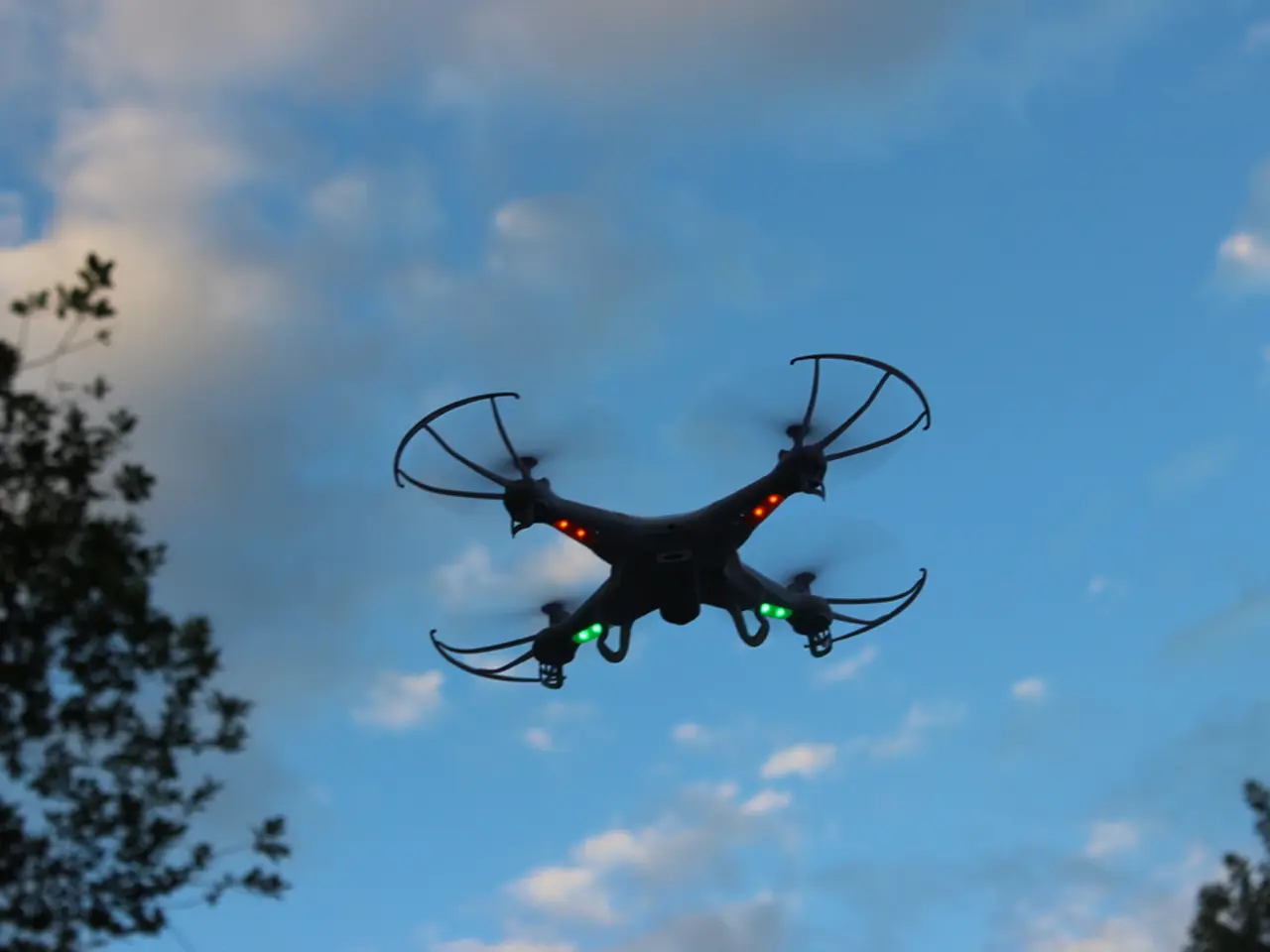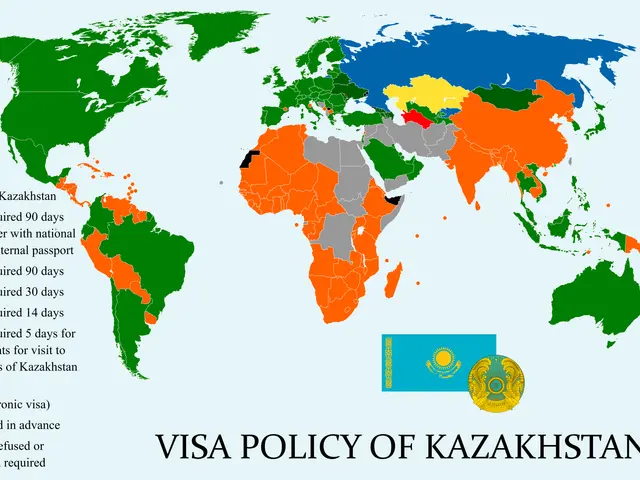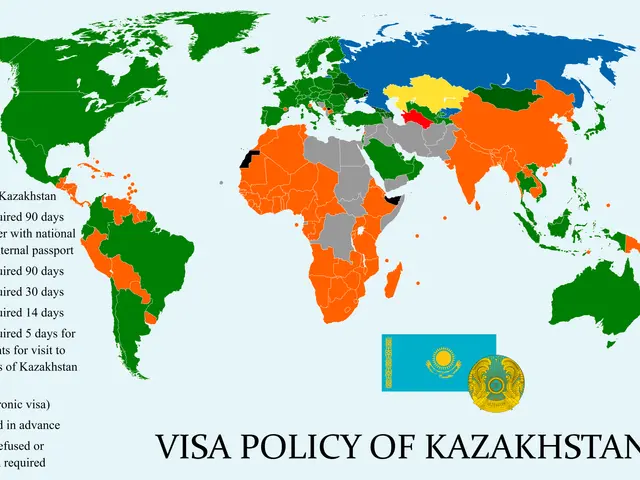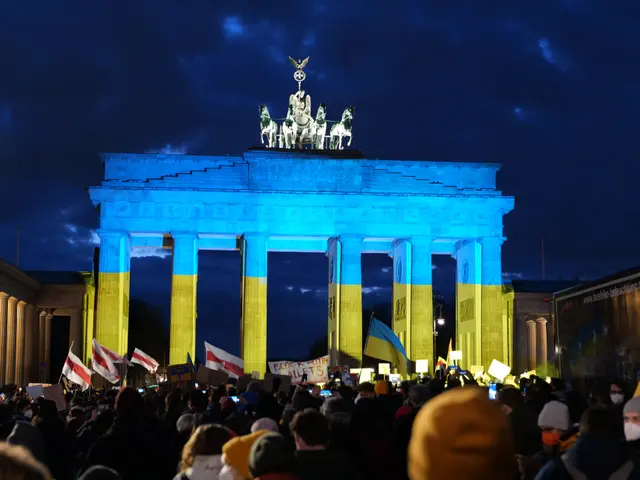Drone Regulations Across United States Jurisdictions
In the rapidly evolving world of drone technology, navigating the legal landscape can be a complex task. Each state in the United States has its own set of regulations governing drone use, often differing from the Federal Aviation Administration (FAA) rules.
The FAA sets primary regulations for drone operations in the USA, with nationwide standards mainly focusing on airspace safety and drone registration above 250 grams. However, individual states have the authority to enact additional laws addressing specific local concerns such as privacy, property rights, and law enforcement.
For instance, California has stringent privacy laws that make it illegal to use drones to capture images or recordings of individuals in personal activities with a reasonable expectation of privacy. Similarly, Florida Statutes Section 934.50 regulates drone use for surveillance and protects property rights, making it illegal to use drones to capture images of private property without the owner's consent due to privacy protections.
Many states have restrictions on drone use in state parks and public lands, such as California and New York. For example, drone operations are generally prohibited in California State Parks without a special permit, and drone use in New York State Parks requires a similar authorisation.
Illinois has specific regulations governing the use of drones for aerial photography and videography, particularly in residential areas to protect privacy. Illinois Compiled Statutes 720 ILCS 5/48-3 governs this, and it's essential to familiarise oneself with these rules to ensure compliance.
In some states, such as Texas and Florida, it's illegal to use drones to capture images of privately owned property without the owner's consent due to privacy protections. Texas law restricts the use of drones for surveillance purposes, making it illegal to use drones to capture images of individuals or privately owned property without consent, with certain exceptions for law enforcement and research.
Law enforcement agencies in Florida must obtain a warrant to use drones for surveillance, with certain exceptions for emergencies. New York City has specific restrictions on drone use, effectively banning operations within the city limits without special authorization due to the dense population and complex airspace.
It's important to note that New York City Administrative Code Section 10-126 effectively bans drone operations in NYC without special authorization, while California Civil Code Section 1708.8 protects against invasion of privacy through drone use in California.
Operators can find detailed information about drone regulations on state government websites, the National Conference of State Legislatures (NCSL) website, or the FAA's UAS Data Portal. Flying drones near critical infrastructure, such as refineries and power plants, is restricted in Texas to enhance security.
In conclusion, understanding the drone regulations in your state is crucial to ensure compliance and avoid potential legal issues. It's important to familiarize yourself with both federal and state regulations to ensure a safe and legal drone operation.
Read also:
- Federal Funding Supports Increase in Family Medicine Residency Program, Focusing on Rural Health Developments
- Potential Role of DHA in Shielding the Brain from Saturated Fats?
- Alternative Gentle Retinoid: Exploring Bakuchiol Salicylate for Sensitive Skin
- Hanoi initiates a trial program for rabies control, along with efforts to facilitate the transition from the dog and cat meat trade industry.








